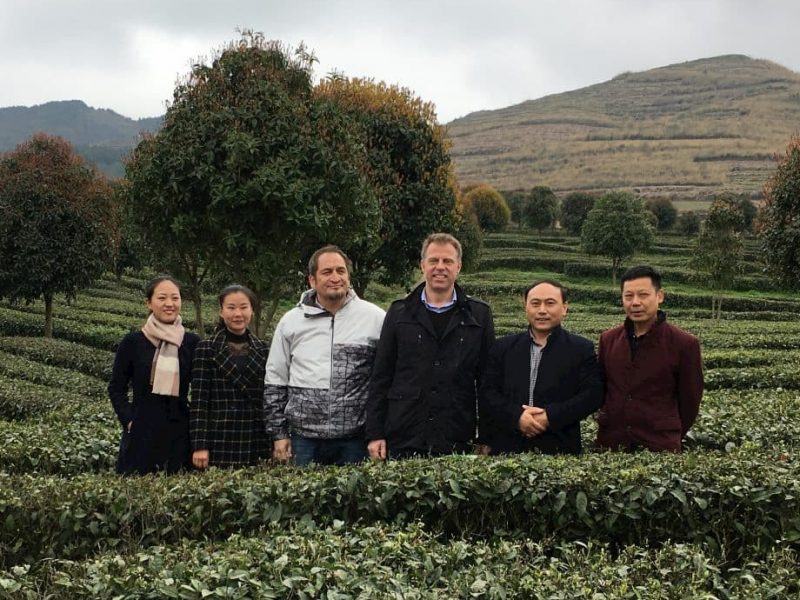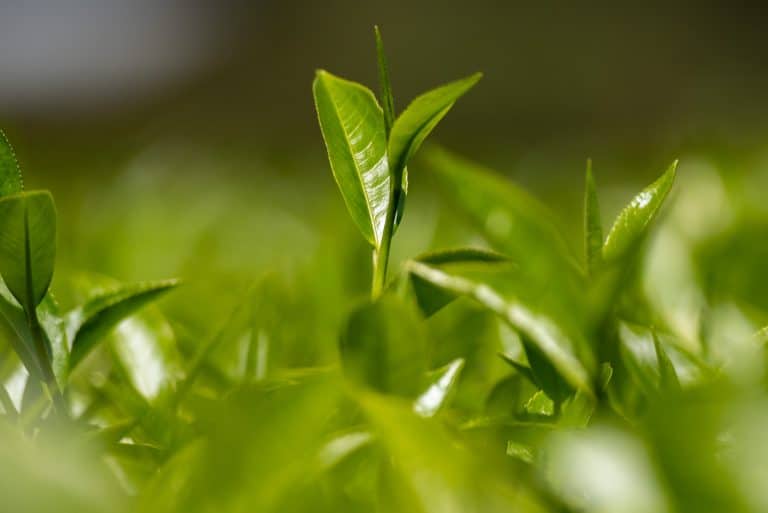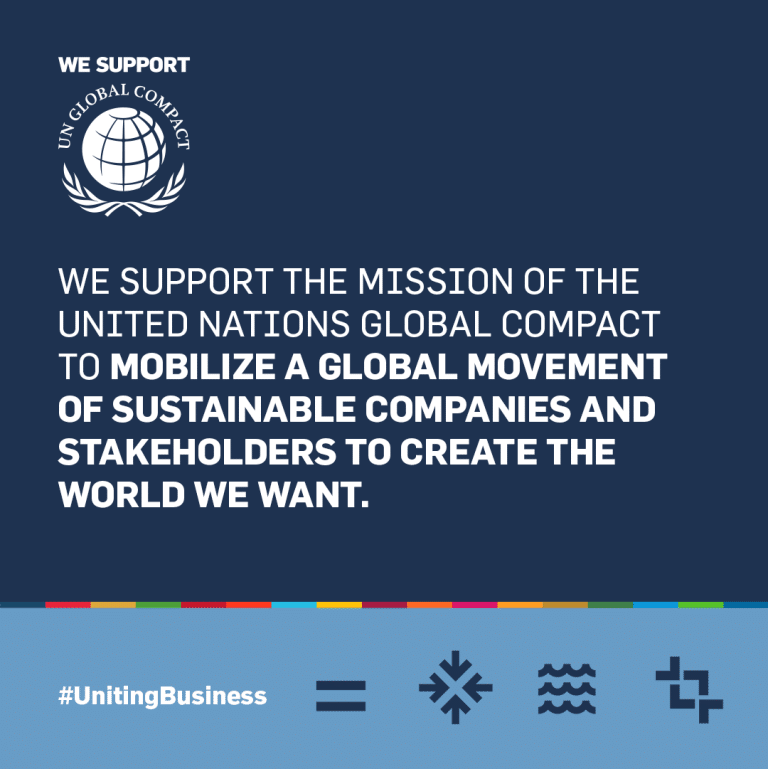Finlays has recently set up ‘Project Maotai’ to develop a sustainable source of compliant, certified tea from China to meet the demands of Finlays international customers, as well as domestic demand from Damin in China.
As a minimum it is expected that all tea for export will meet EU MRL (Minimum Residual Levels for Pesticides) and in the short to medium term will also achieve UTZ/Rainforest Alliance certification. In addition, Maotai aims to offer customers increased supply chain transparency and traceability from farm to market by overlaying a smart and innovative technology solution which will be easy and efficient for farmers and suppliers to use.
Integrated between a mobile phone based agronomy application and the certification (UTZ/RA/organic) platform it is also designed to give Finlays confidence in the quality and safety of the end product. This will be achieved by the Company having visibility of growing practices and traceability after manufacture, processing and marketing. We expect this to be a compelling value proposition for farmers and suppliers as well as customers and consumers.
China is a required origin, not just because it is the world’s largest tea producer but also due to the superiority and predominance of China’s green tea production, with specific types hard to produce elsewhere. The key challenge for Maotai is building confidence in the product – from bush to cup by developing robust systems and processes across a complex supply chain. Over time Maotai aims to supply upwards of 20k tonnes per annum of certifiable and compliant made tea to domestic and international customers.
Project Maotai aims to work with local producers and suppliers to aggregate Primary/Stage I processed tea from around the province into a secondary processing facility to be built at Sinan, the hub of the tea growing areas in Guizhou. From here tea will be further processed and blended for market.
As it sits on the Wujiang River, the Sinan county and Guizhou provincial governments have recently announced plans to establish Sinan as an export hub for Guizhou province. This will enable transhipment to Chongqing and from there overland routes can be accessed to Europe, and, via the Yangtze River Delta to sea ports on the eastern China seaboard. This key government initiative will support the future development of Project Maotai. Finlays and local government have also agreed to partner on another government initiative, a Poverty Alleviation programme. The objectives of Project Maotai are closely aligned with key government agriculture policies and are designed to build long term partnerships with local farmers and suppliers thereby improving their tea growing practises and providing access for qualified products to international markets.
As the world’s largest producer of tea, it is natural that Finlays should take a larger and more influential position in the sourcing and supply of tea from China. It is indeed an exciting time for Maotai and Finlays!





